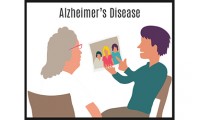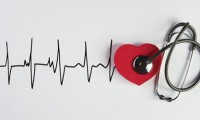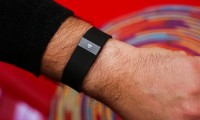-
Verily Researchers Recommend Psychiatrists to Benefit from Analytics, Digital Sensors
- Source: HealthcareITNews
- 1,070
- August 28, 2018
-
Breakthrough Device Designation Granted to Digital Intervention for Alzheimer’s
- Source: MobiHealthNews
- 1,336
- August 27, 2018
-
Connected Health Platform Hopes to Enhance Manner in Which Patients Take Medication
- Source: DigitalHealthAge
- 742
- August 2, 2018
-
Do Mental Health Apps Under-Diagnose or Over-Diagnose?
- Source: MobiHealthNews
- 915
- July 18, 2018
-
Care Quality Commission Rates Digital GP Centre in Birmingham ‘Outstanding’
- Source: DigitalHealth
- 671
- July 18, 2018
-
mHealth Wearable Effective in Detecting AFib, STSI Study Finds
- Source: MobiHealthNews
- 782
- July 13, 2018
-
Fitbit Charge HR – Assessment of Health Conditions in Cancer Patients
- Source: MobiHealthNews
- 683
- July 12, 2018
-
India’s First Future Health Index Launched by Philips
- Source: Economic times
- 648
- June 25, 2018
-
FDA Gives OK for mHealth Wearable to Combat Opioid Addiction
- Source: mHealth Intelligence
- 759
- June 15, 2018
your submission has already been received.
OK
Subscribe
Please enter a valid Email address!
Submit
The most relevant industry news & insight will be sent to you every two weeks.













